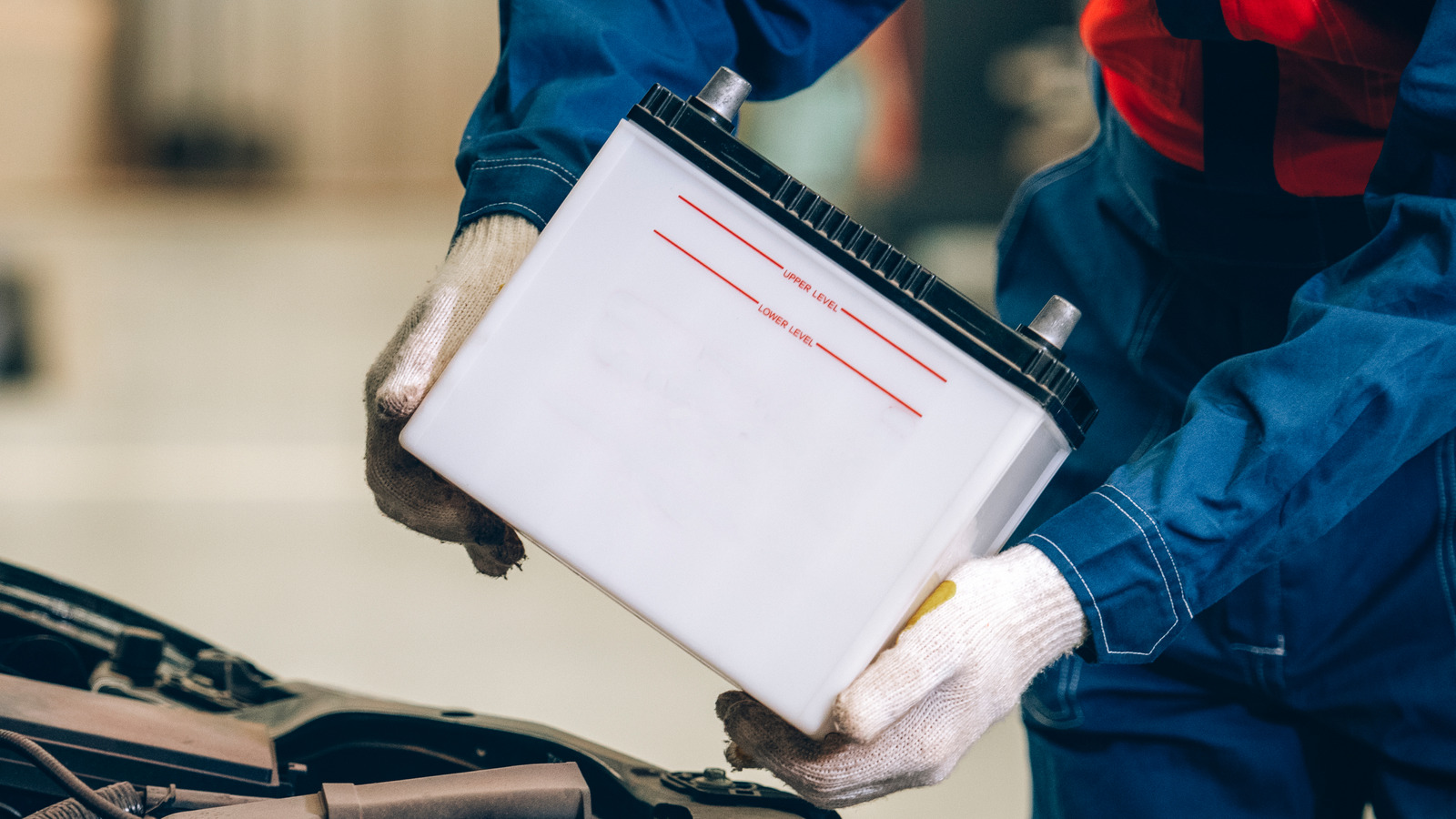What Is An Antigravity Car Battery And How Long Do They Last?

Your typical lead-acid or VRLA battery would probably last two years or more, while an AGM battery has a three to five-year lifespan. But with Antigravity Batteries’ nifty battery management system (BMS), you can expect lithium-ion car batteries to last for eight to 10 years. There are many pros to considering an Antigravity lithium-ion battery for your car, but one drawback is worth considering.
On the positive side, lithium-ion car batteries have almost twice the cranking power for effortless engine starts. Antigravity’s batteries also weigh up to one-third less than a lead-acid or VRLA battery and are more compact. Installing a lithium-ion car battery requires no special tools or modifications and it has a longer shelf life and lasts up to five times longer under duress. The RE-START system means you’ll never have to deal with a dead battery again and Antigravity Batteries are available in all standard group sizes and fit all makes and models of cars, trucks, SUVs, vans, motorcycles, tractors, etc.
The big drawback? You guessed it: cost. An Antigravity battery could start from $659 to $2,000, making it a significant investment over a standard $250 lead-acid or VRLA battery. Sure, lithium-ion batteries cost more than the most expensive AGM batteries, but considering the extended lifespan and hassle-saving safety features, they’re probably worth the investment in the long run.
For all the latest Games News Click Here
For the latest news and updates, follow us on Google News.
